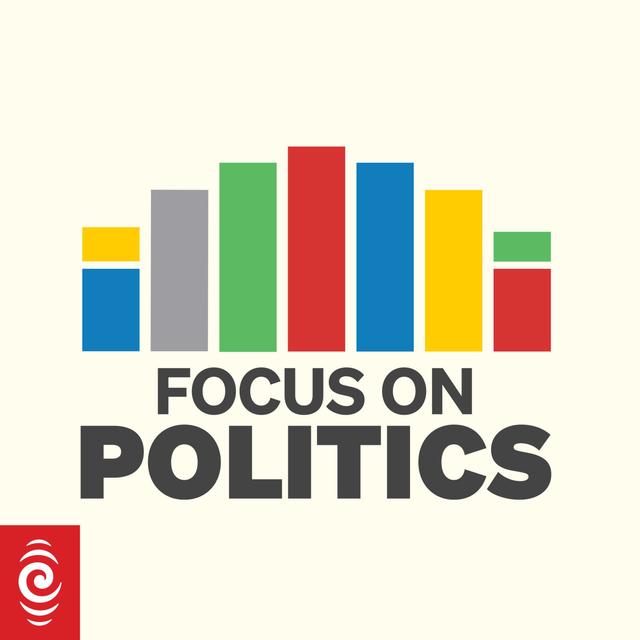
Red light and rapid antigen requisition
Episode description
In today's Focus on Politics podcast, Political Editor Jane Patterson assesses the government's readiness for the Omicron variant.
"We know that the boosters are only just rolling out now, and we've only just started to immunise our children ... we just want people to be safe." - Green MP Elizabeth Kerekere
After two years of dealing with Covid-19 in its various forms, the government and Prime Minister Jacinda Ardern are heading into another gauntlet, likely compounded by supply chain disruption and sky-rocketing inflation.
Controversial measures like vaccine mandates have introduced a toxicity and feeling of alienation in parts of the community, reflected back onto the community and the prime minister.
The opposition has an important role to play but will have to step carefully in its criticisms and approach.
Both sides know Covid can prove deadly in more ways than one.
Listen to the full interview
New Zealanders' relatively Covid-free summer break came to an abrupt halt on 21 January - with a new variant circulating in Aotearoa the traffic light had turned red, prompting the cancellation of large events across the country.
Red is not the lockdowns of the past - its aim is to keep things as normal as possible - but Omicron is a different beast: usually a milder infection for the vaccinated, but incredibly infectious. The government is preparing for case volumes of 50,000 a day.
This week, the government announced its plans to deal with such a flood of illness: Stricter rules for mask use, a focus on increased testing capacity, and a three-phase approach to tackling rising case numbers.
On Wednesday, Associate Health Minister Ayesha Verrall explained the current Phase One focuses on intensive testing and contact tracing - the familiar stamping out of the virus.
Phase Two kicks in with about 1000 cases a day, focusing on protecting the vulnerable and slowing the spread. It would see cases notified via text and email, case isolation dropping from 14 to 10 days, and contacts' isolation from 10 days to seven.
In Phase Three, with thousands of cases a day, contact tracing will be targeted to those most vulnerable, with cases relied on to self-notify their close contacts. The majority of cases would be managing their own care at home.
Read more:
Health experts warn of risks in phased approach to tackle Omicron outbreak
Labour confident, National concerned in face of Omicron
Covid-19 face masks: What you need to know
Māori health leader calls for targeted strategy for Omicron
Modelling suggests NZ could face peak of 80,000 daily infections…
